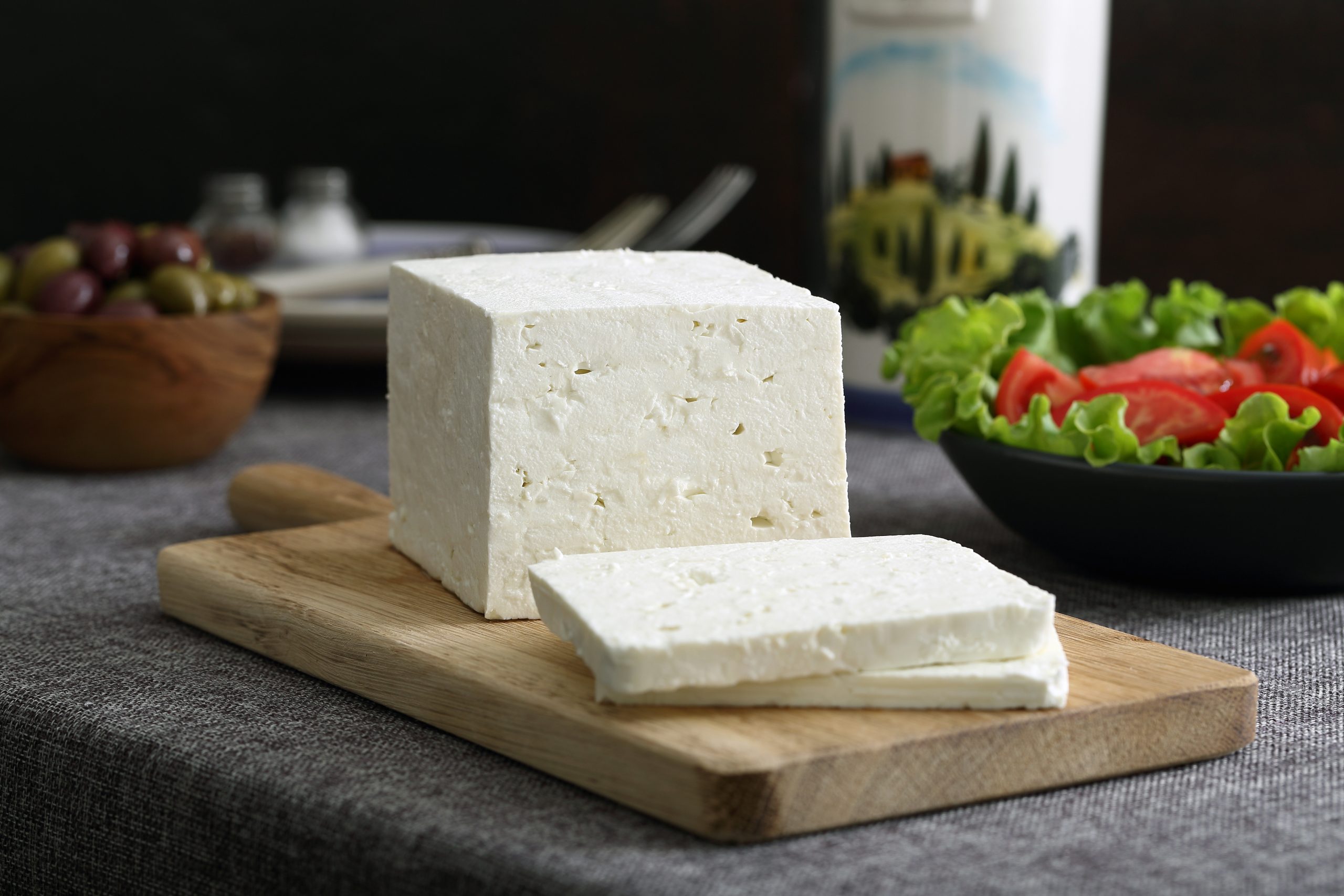Once a beloved daily staple on Greek tables, the famous Protected Designation of Origin (P.D.O.) feta cheese has become a luxury for many households due to soaring inflation and rising prices.
According to Stelios Sarantis, Chief Executive of Hellenic Dairies S.A., which operates both domestically and internationally, consumption of feta cheese in Greece has dropped dramatically—by as much as 70%. This decline is largely attributed to high costs and shrinking household budgets.
A report by the Hellenic Competition Commission confirms the trend, revealing a 6% decrease in sales of branded feta products over a period of one and a half years (from February 2023 to June 2024). Even with supermarket promotions offering feta at prices of €9-10 per kilo, many Greek households are turning to more affordable cheese options, often imported alternatives, like Gouda.
This shift mirrors a similar trend in Cyprus, where consumers are increasingly replacing their traditional halloumi with cheaper imported cheeses, such as grill cheese.
Exports Paint a Different Picture
While domestic consumption of feta has plummeted, the export market tells a completely different story in which feta has earned the nickname “white gold”. Sarantis notes that while Greeks used to consume approximately 80 tons of feta annually, this figure has now fallen to 30-40 tons, with exports currently ranging between 80-90 tons.
In fact, export data for the first half of 2024 show a 7% year-on-year increase compared to the same period in 2023. Feta’s success abroad has made a significant contribution to Greece’s agri-food sector, bringing in €1 billion in 2023—an astonishing rise from just €142 million in 2014. Over the decade from 2013 to 2024, feta export sales surged by over 700%.
Meanwhile, halloumi exports from Cyprus are also thriving. Halloumi now ranks as the country’s second most exported product, with 97% of locally produced halloumi being shipped abroad.





